This is regarding an interesting, well researched and educational article (part 1) on the current constitution of Ethiopia, posted on Zehabesha [1] by Dr Tesgaye Ararssa. Highlighting the current constitution huge lack of legitimacy, the latter explains why that is the case, by starting on how the constitution came to existence in the first place.
Primarily providing evidence and data on the starting process of drafting the constitution, quoting experts like , Meaza Ashenafi, an associate (albeit informally) of one of the technical sub-committees (or committee of experts) at the time of the drafting of the constitution and James C.N. Paul (2000), a renowned constitutional scholar on Ethiopia and the wider third world, Dr Tsegaye made a convincing and irrefutable case that the current constitution is a document imposed by the few on the many.
“…the Ethiopian Peoples’ Revolutionary Democratic Front (EPRDF), the ruling party, always dominated when an issue came to a vote (in the Commission that had the responsibility to draft the constitution), as it had the largest delegation.” Meaza Ashenafi.
“There was little meaningful public participatory debate, especially debate focused on devolution versus ethnic federalism, let alone sovereignty or self-determination. […], opposition parties withdrew. Instead of debating the content of the constitution, they denounced the legitimacy of the whole project. Just as the EPRDF controlled the Constitutional Commission’s work, so it controlled the election, and then the deliberations, of the Constitutional Assembly……None of the political and ethnic forces which make the opposition to […](EPRDF) had participated in the Constitutional making. All opposition parties, most important, those representing the Amhara and Oromo groups (38 and 35 % respectively) withdrew from the electoral competition. The new constitution is therefore supported politically and ethnically only by the Tigrayan minority which counts less than 10 % of the population.” James Paul
Dr Tsegaye argues the need of constitutional changes something he promised to share about more in Part 2 of his article on the constitution.
The current constitution and the ethnic federal structure in it, that are believed to be the cause for the many ethnic tensions that we are witnessing all over the country, are items imposed by the “victorious” on others. The TPLF with the help of OLF initially, put in place what was agreed upon in Tesenay, Eritrea by Dr Bereket Gebreselassie (Shabia), Ato Lencho Letta (then OLF) and the late Meles Zenawi (TPLF). The so called constitutional commission, constitutional reviews and debates were mere theatrics orchestrated to deceitfully portray the prior years OLF, TPLF and Shabia agreed upon document as a legitimate document of the people and the constitutional drafting process as fair and representative.
Borrowing the phrase of Dr Tsegaye, “the need for an urgent work of constitutional redemption and societal transfiguration”, the need of a complete review of the current Ethiopian constitution so that this supreme law of the land can be a document not of one ethnic group against the others, but of all Ethiopians is not only needed but long overdue.
The document does not have to please everyone 100%. Everyone would have to give in a little bit to arrive at a common acceptable position. The document must be a consensus document that nurtures unity, create an atmosphere of harmonies among various ethnic groups and lays the foundation for a free, democratic, multi-ethnic Ethiopia that is equal to all its citizens.
A Rejoinder to Dr Tsegaye Ararssa on the Constitution – Girma Kassa
Latest from Blog
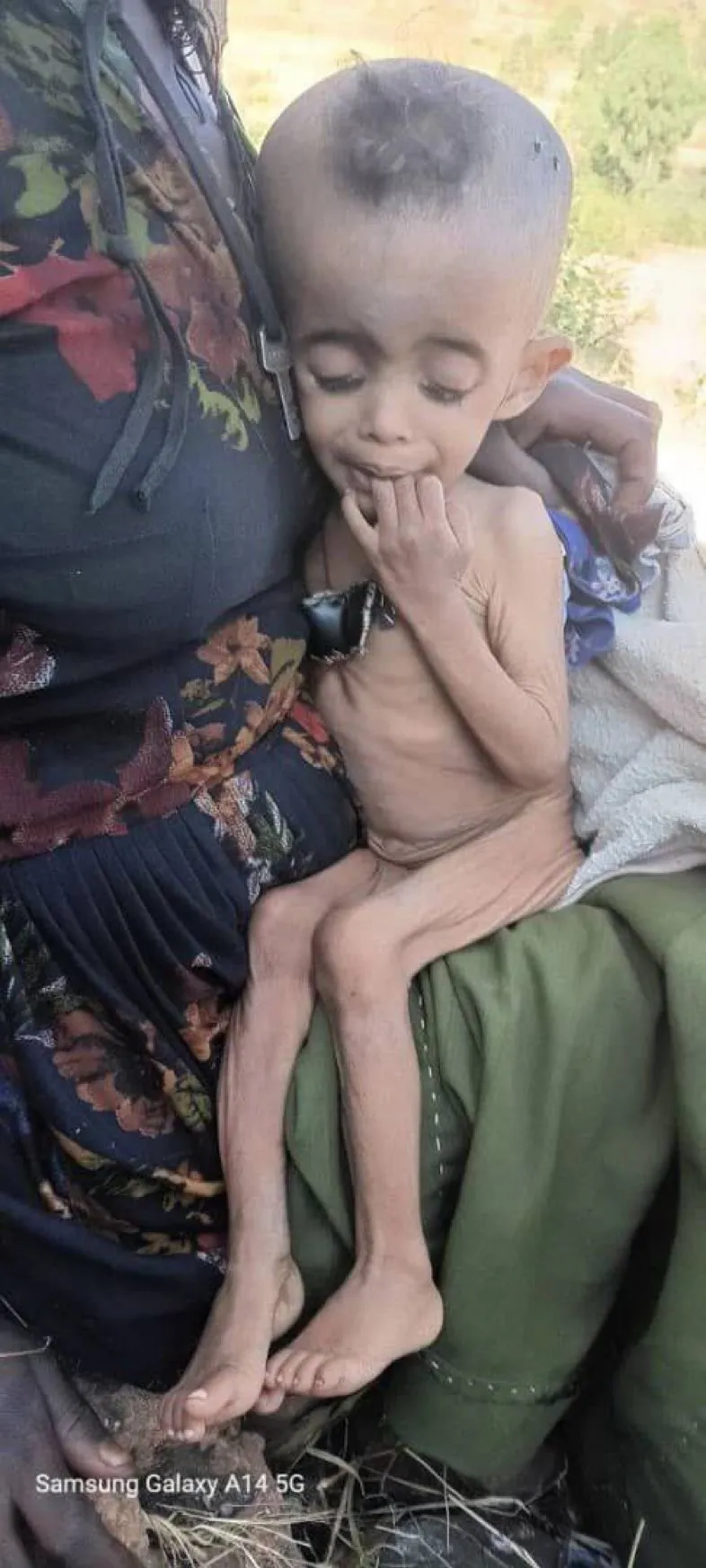
Urgent Humanitarian Crisis in Amhara: Addressing Essential Needs Amidst Ongoing Violence
The situation in Ethiopia’s Amhara region requires immediate international focus. The government led by Abiy Ahmed is perpetrating war crimes, employing tactics such as starvation and continuous drone strikes against civilian populations.

The African Auschwitz Version of the Amara – Ethiopia!
Yinegal Belachew The Polish city Auschwitz is known for the service it had given to the Nazis during the slaughtering by Hitlerians of the Jews. Despite the number of Jews massacred then

Ethiopia’s New Banking Legislation: A Double-Edged Sword for Domestic Banks
The recent banking legislation in Ethiopia signifies a major transformation in the nation’s financial sector, aiming to remove long-standing barriers that have restricted foreign banks from participating in the local market. This

Fano: The Unsung Heroes of Ethiopia’s Fight for Freedom
What is the Fano Movement? The Fano movement represents a collective of Ethiopian fighters, largely composed of young people, farmers, and rural militias. These fighters have historically resisted both foreign invasions and

Has Human Behavior Changed Since Man Was Created or Evolved?
By Belayneh Abate The world is stunned by the horror and the indescribable crimes committed in the notorious prisons and elsewhere in Syria for more than half a century. These types

Post-Assad Syria: Navigating Hope and Uncertainty
Dahilon Yassin The Syrian uprising against Bashar al-Assad’s regime which escalated into a civil war was violently crushed by the Syrian government in 2011. 13 years later, a surprise rebel offensive reached

The Fall of Assad: How Israel, Turkey, and Iran Are Redrawing Syria’s Geopolitical Map
December 12, 2024 Caleb T (Dr.) Map Showing Regional Alliances in the Syrian Civil War before the removal of President Bashar al-Assad’s regime Other nations in the Middle East dealing with political

Ethiopia: Knowledge and Accountability Matters (Part One)
Tsegaye Tegenu, PhD 2024-12-13 These days, I’ve been engaging you with discussions on researches and data related to the challenges facing our country. The three articles provided—“Ethiopia: Rapid Population Growth, Fragile Contexts

Abiy Ahmed’s Deception and Failure in the Turkey-Mediated Ethiopia-Somalia Agreement
Dr. MeKonnen Birru (birrum@uhd.edu) The announcement of the peace agreement between Ethiopia and Somalia mediated by Turkey marks a significant diplomatic development, but it also highlights a series of contradictions and potential

Abiy Ahmed’s Drone Strikes in Wollo, Bete Amara: A Tragic Toll of Over 30 Lives
Abiy Ahmed drone attacks in Wollo, Bete Amara, have resulted in the tragic loss of over 30 lives, including that of a five-year-old child, while more than 100 individuals sustained injuries. This

Ethiopia’s Fano Rebellion: The Amhara Resistance Reshaping the Horn of Africa
By Taha Sakr DNE Africa — Ethiopia, a nation with a long history of political upheaval, is now grappling with the resurgence of the Fano rebellion—a powerful Amhara-led resistance movement with deep
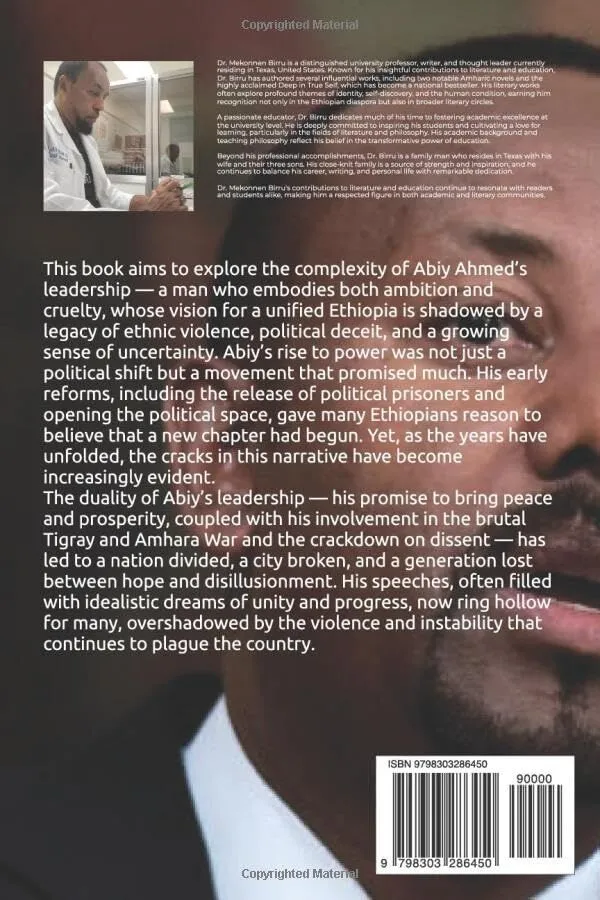
Deception, Centralization, Manipulation and Betrayal: The Complex Leadership of Abiy Ahmed Ali Paperback
by Dr. MeKonnen Birru (Author) December 10, 2024 Deception, Centralization, Manipulation and Betrayal: The Complex Leadership of Abiy Ahmed Ali Abiy Ahmed, the Prime Minister of Ethiopia from 2018 to present, emerged
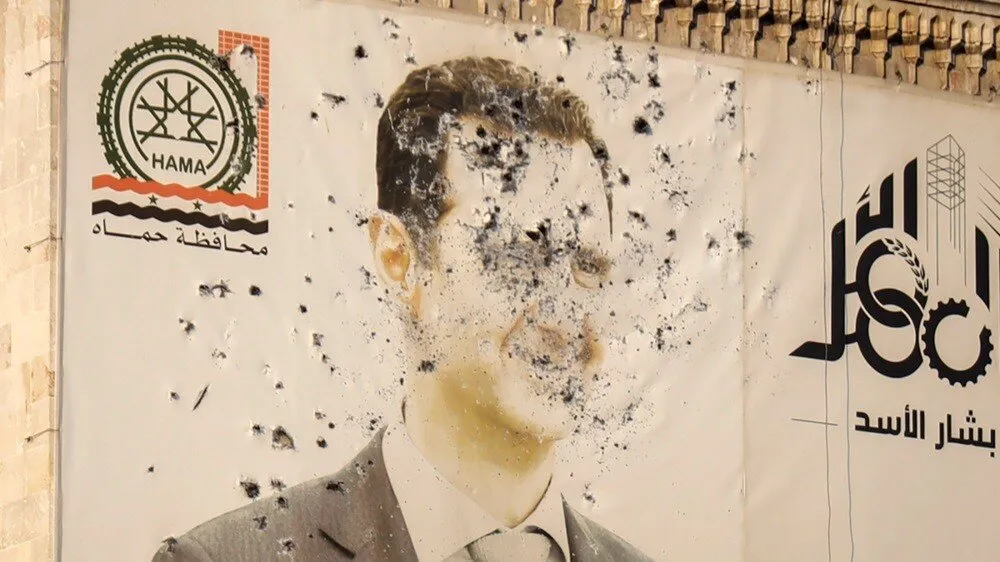
The Legacy of Successive Dictators: The Fall of Bashir
Mengistu Musie (Dr) mmusie2@gmail.com Abu Mohammed was the name given to a militant who fought for years against the regime in Syria. After spending significant time in battle, he returned to Damascus,
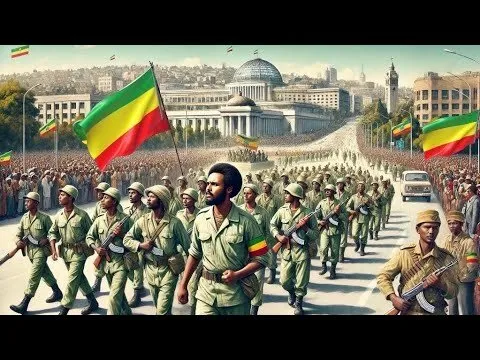
Ethiopia United: A Call to All Ethiopians by Fano
This message serves as a rallying cry for the collective unity of all Ethiopians, emphasizing the importance of solidarity in the face of challenges. Fano urges every citizen to come together, transcending
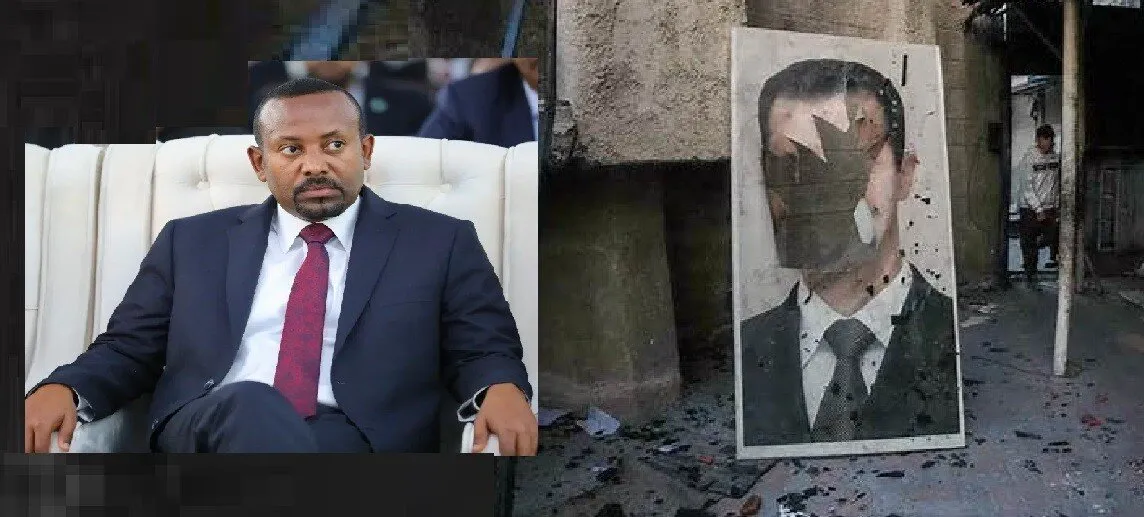
A Comparative Analysis of Abiy Ahmed and Bashar al-Assad: The Fragility of Authoritarian Leadership
Dr. MeKonnen Birru Professor @ the University of Houston (birrum@uhd.edu) Abiy Ahmed, the Prime Minister of Ethiopia, and Bashar al-Assad, the ousted President of Syria, may appear vastly different on the surface,
